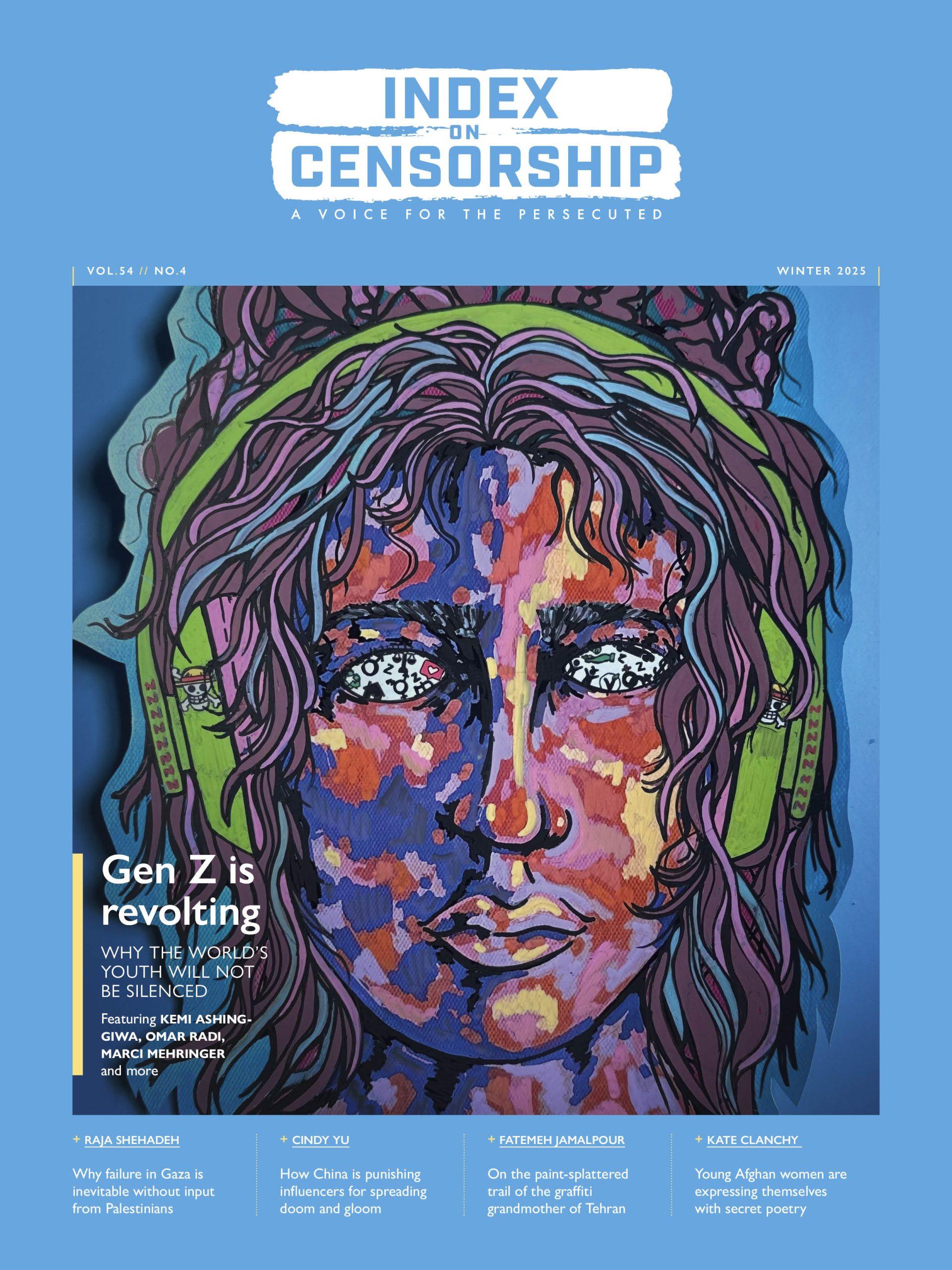
(Photo illustration: Shutterstock)
Facebook has nearly 1.2 billion monthly active users –that’s nearly 20% of the total global population. Yet, in some countries harsh sanctions and time in jail can be imposed on those who comment on social media, in the majority of cases for speaking out against their government.
China
China is infamous for its stance on censorship but September 2013 saw the introduction of perhaps one of their more bizarre laws: post a message online that the government deems defamatory or false and if it receives more than 500 retweets (or shares) or 5,000 views and the person responsible for the post could receive up to three years in jail.
For the post to be of concern to the government it must meet certain criteria before a conviction can occur. This includes causing a mass incident, disturbing public order, inciting ethnic and religious conflicts, and damaging the state’s image. And to top that off the post could also be a “serious case” of spreading rumours or false information online.
According to the Guardian one Weibo user, China’s largest microblogging site, wrote: “”It’s far too easy for something to be reposted 500 times or get 5,000 views. Who is going to dare say anything now?” whilst another claimed: “This interpretation is against the constitution and is robbing people of their freedom of speech”.
Vietnam
Decree 72 came into effect in Vietnam this year, a piece of legislation which makes it a criminal offence to share news articles or information gathered from government sites over online blogs and social media sites. The new law was criticised globally when it was announced in September as the latest attack on free expression in Vietnam adds to the list of censorship tactics already in place in the country; websites covering religion, human rights and politics have been blocked along with social media networks and some instant messaging services.
There are also fears that Decree 72 will risk harming international relations, with a direct impact on Vietnam’s economy, as well as internal restraints on the development of local businesses. Marie Harf, Deputy Spokesperson for the U.S. Department of State, said in a press statement: “An open and free Internet is a necessity for a fully functioning modern economy; regulations such as Decree 72 that limit openness and freedom deprive innovators and businesses of the full set of tools required to compete in today’s global economy.”
Burma
Going to jail merely for receiving an email would seem absurd to much of the world. In Burma this is written into law.The Electronic Transactions Law 2004 allows imprisonment of up to 15 years for “acts by using electronic transactions technology” deemed “detrimental to the security of the State or prevalence of law and order or community peace and tranquillity or national solidarity or national economy or national culture”. Put into layman’s terms that could mean a hefty jail sentence for being on the receiving end of an email the government isn’t so fond of.
Despite talks to remove the lengthy jail terms many feel the changes don’t do enough to tackle a problem with censorship the country has faced for several decades.
Gambia
Those who intend to critics the Gambian government online should only do so if they have a stack of money to spare, $82,000 to be precise, or be willing to spend 15 years in jail. Under the recently passed Information and Communication (Amendment) Act anyone accused of spreading “false news” about the government or public officials online will face these heavy sanctions. Other ways in which Gambians can find themselves behind bars includes producing caricatures or making derogatory statements against public officials online, inciting dissatisfaction via internet posts or instigating violence against the government online.
Article 19 condemned the Act, criticising it for being “a flagrant breach of the International Covenant on Civil and Political Rights (ICCPR), as well as the African Charter on Human and Peoples’ Rights (ACHPR), both of which Gambia is a party to”.
This article was posted on 11 Jan 2014 at indexoncensorship.org




